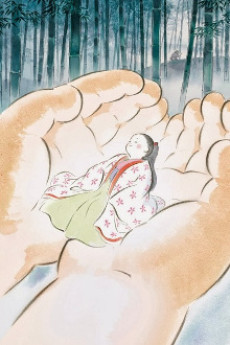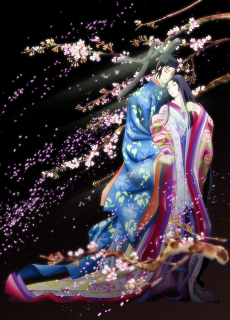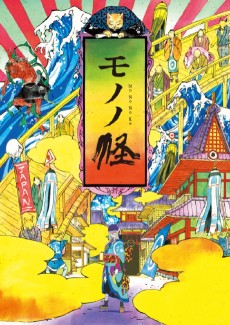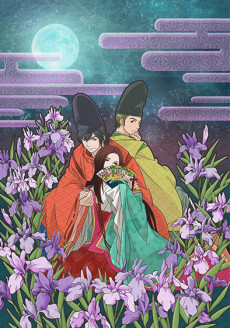HEIKE MONOGATARI
STATUS
COMPLETE
EPISODES
11
RELEASE
November 25, 2021
LENGTH
23 min
DESCRIPTION
A young orphan named Biwa is taken in by the powerful Taira Clan—also known as the Heike—after their leader witnesses her extraordinary psychic abilities. Unfortunately, what she predicts is a future of bloodshed, violence, and civil war. Inspired by the 12th-century epic tale Heike Monogatari.
(Source: Funimation)
CAST
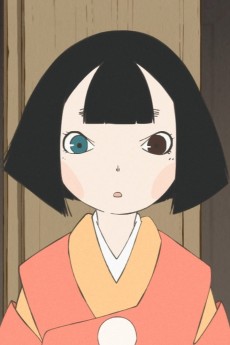
Biwa

Aoi Yuuki
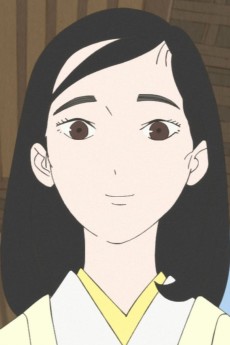
Taira no Tokuko
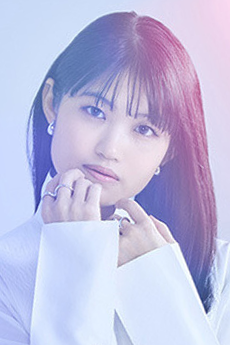
Saori Hayami
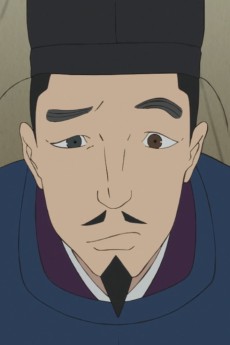
Taira no Shigemori
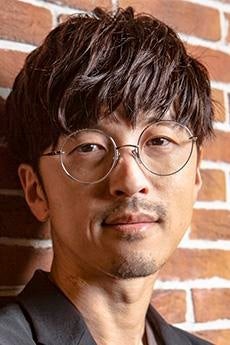
Takahiro Sakurai
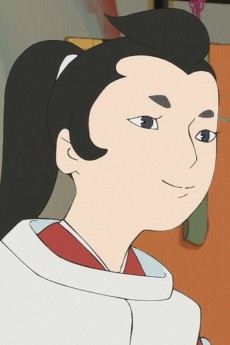
Taira no Atsumori
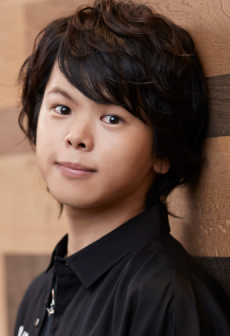
Ayumu Murase
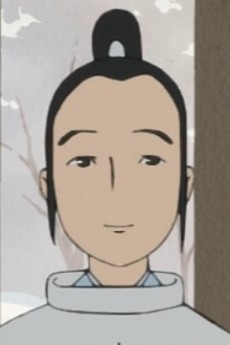
Taira no Koremori
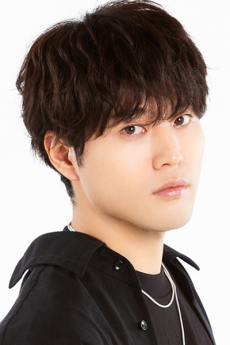
Miyu Irino
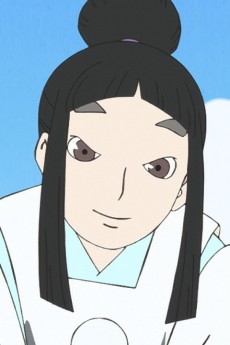
Shizuka Gozen
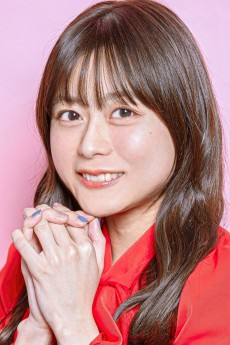
Inori Minase
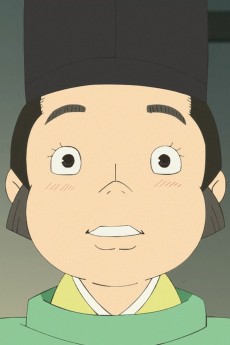
Taira no Kiyotsune
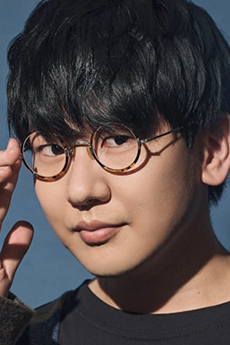
Natsuki Hanae
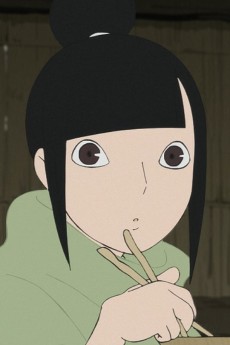
Akari
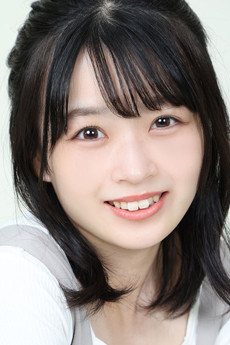
Ayu Matsuura
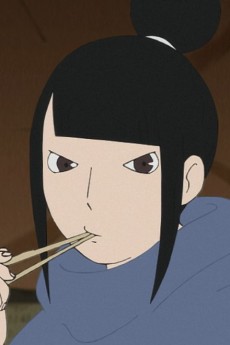
Tsuki
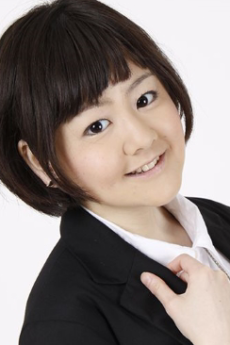
Satomi Kobashi
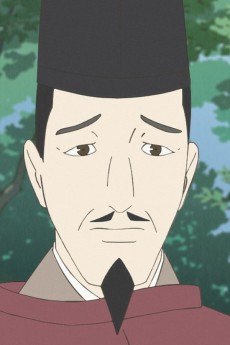
Taira no Tokitada
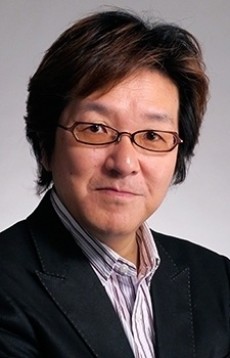
Yutaka Aoyama
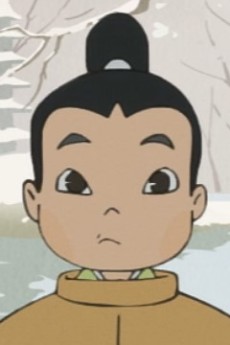
Taira no Sukemori
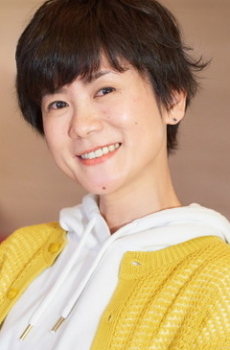
Yumiko Kobayashi
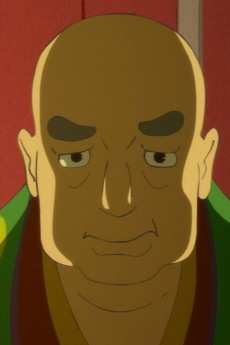
Taira no Kiyomori
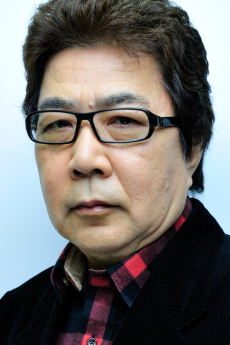
Tesshou Genda
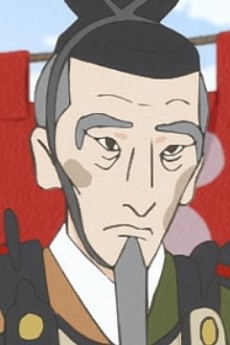
Saitou no Sanemori

Shirou Saitou

Minamoto no Yoshitsune
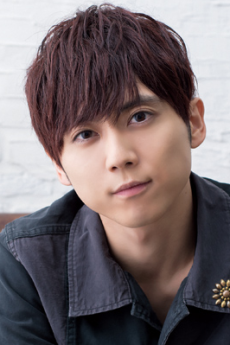
Yuuki Kaji
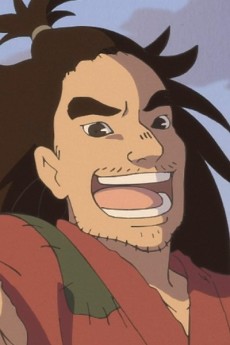
Minamoto no Yoshinaka
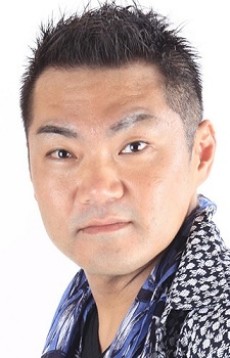
Kenta Miyake
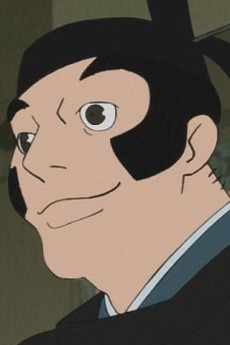
Taira no Tomomori

Subaru Kimura
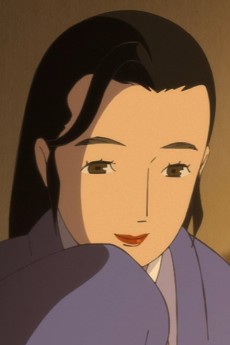
Taira no Shigeko
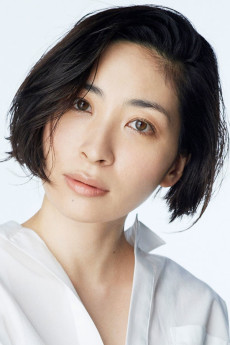
Maaya Sakamoto
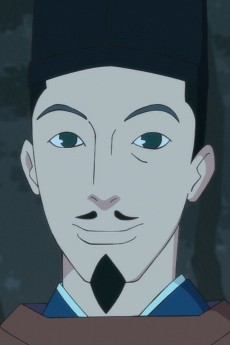
Taira no Shigehira
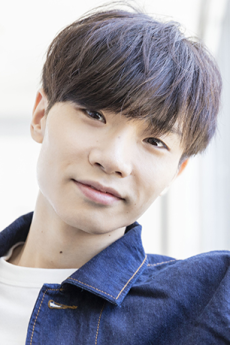
Yuu Miyazaki
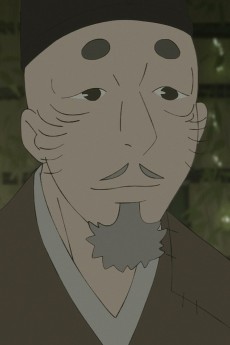
Kaneto Nakahara
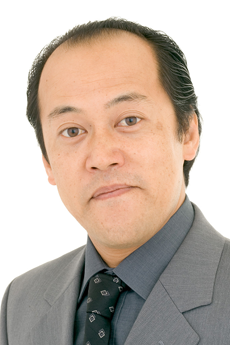
Youhei Tadano
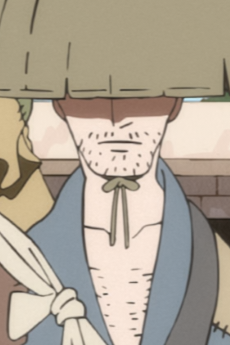
Biwa no Chichi

Kenji Sugimura
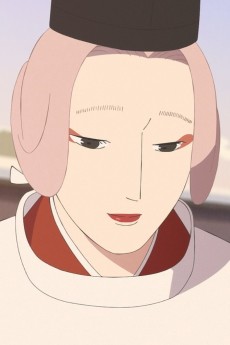
Giou
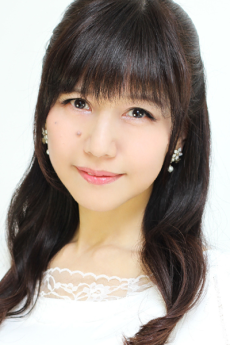
Kikuko Inoue
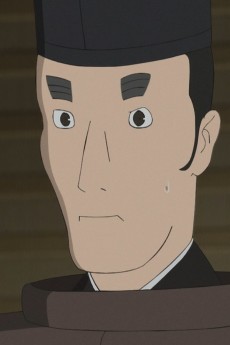
Minamoto no Yoritomo
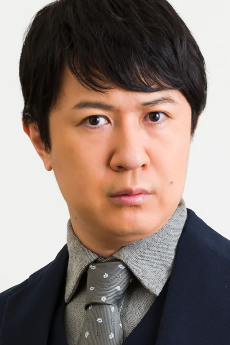
Tomokazu Sugita
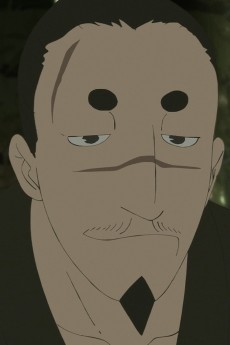
Kanehira Imai
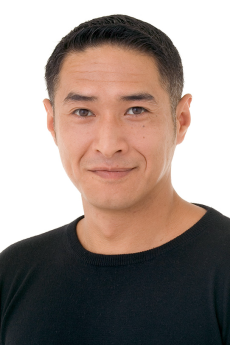
Kouji Ochiai
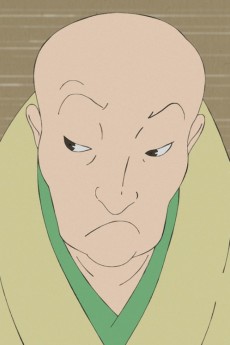
Go-Shirakawa
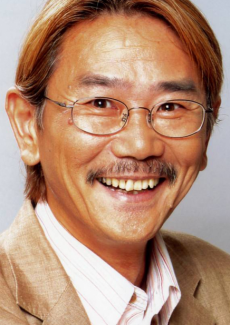
Shigeru Chiba
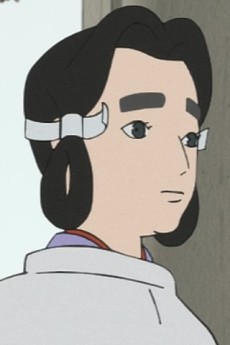
Takakura
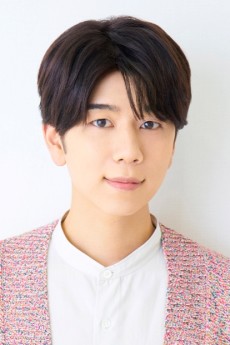
Koutarou Nishiyama
EPISODES
Dubbed
REVIEWS

Dramaddict
50/100Was Heike Monogatari too ambitious?Continue on AniListWhile many people were kindly disheartened by Naoko Yamada’s departure from KyoAni, I see it as a logical step forward in her already auspicious career. Yes, KyoAni is unquestionably an industry leader, pushing the envelope on how visually marvelous anime can be, but at the end of the day, KyoAni still caters to a broad audience—they wouldn’t be as successful as they are if they didn’t. With her latest films being “A Silent Voice” and “Liz to Aoi Tori,” Yamada has been dipping her toes into more experimental media for some time now, and with that requires creative freedom not as easily available at that beloved studio. So her transition to Science SARU—one of the most experimental anime studio to come out in recent years—serves as an exciting foray into the world of arthouse; and adapting a poem as ancient and dense as “The Tale of the Heike” makes this project all the more ambitious.
But alas, that ambition might’ve been too great.
For those who don’t know, Heike Monogatari is basically the Japanese equivalent of the Iliad and Odyssey; it’s a tale as old as time passed down through many generations. To adapt such a story would be a task so gargantuan, even the most talented of screenwriters would cower at its premise. And yet, Reiko Yoshida—who’s pretty much written all of Yamada’s works—stepped up to the challenge. I respect it, but the narrative was...messy, to say the least. The show kind of expects you to fill in the gaps yourself, but as a Westerner who isn’t too familiar with Japanese literature, the plot lost me more often than I’d like to admit. But that isn’t my fault. The job of a show is to tell a story, not to tell a story I’m supposed to already know: it’s just poor adaptation. There are way too many characters sitting around and talking about the plot, things just happen and I have no idea why, and it has the same problem as The Godfather where there’s a bajillion characters I can’t keep track of (it doesn’t help when so many of their names end with “mori”. Yamada just wasn’t set up for success with such a convoluted script adding so much confusion to the whole experience. On top of that, it was bizarre to see a script play so far away from her strengths as a director.
As evident from interviews in the past, Yamada describes herself as a “method” director, taking pride in her ability to get close to her characters’ thoughts and frame of mind. And looking at her filmography, this is her first time directing a story that isn’t set in modern-day Japan, and she seems out of her depth here. Biwa, as an observer-type main character, has next to no presence in the story for most of the runtime, and for a historical-political drama, none of the other characters were all that relatable either; it felt like she was grasping at straws when trying to portray them. Why? There’s too much dialogue. Her characters aren’t allowed enough space to express themselves. Yamada’s style focuses on empathy and all the little emotions we hide in our body language and facial expressions. A common theme among all of Yamada’s works is the deep anxieties the future can hold, and that fear has always been communicated through subtext. I don’t even want to call it subtext, because that implies there are lines of text to read in-between, and her best moments are when there IS no dialogue, conveying emotions purely through audiovisual mastery.
Oftentimes, Yamada’s characters aren’t able to process the emotions they’re dealt with. The beauty of K-on is in the senior's naive ignorance of their transient lifestyle. Tamako Love Story captures the unease of facing others’ feelings, including your own. And if “A Silent Voice” didn’t make this clear, emotions are more than just words; it’s not something that can be described, only felt, and she’s consistently delivered on that delicate intimacy until now. Heike Monogatari falls into that anime trap where everything’s overexplained. Characters that somehow have the self-awareness to psychoanalyze everyone including themselves is a trope I despise in drama. So to have Biwa, a literal child, flat-out say that she’s “frightened of the future” in such a pronounced manner was jarring, to say the least.
To make matters worse, the show feels tonally all over the place because Yamada was trying to get TOO artsy with it. I never thought Yamada would be one to use vapid metaphorical imagery, but alas, I was wrong. The most egregious example is in episode 6 where Kiyomori sees smoke in the shape of skulls to symbolize his guilt and fear of the recently deceased. Wow, how deep. I swear it looked like a parody scene straight out of Adventure Time; it was horrendous. If it was any other director, I would’ve burst out laughing.
And the final nail in the coffin to this bizarre mess of a show is the music. Ushio Kensuke—a composer that previously worked with Yamada on “A Silent Voice” and “Liz to Aoi Tori”—has started to become monotonous. It feels like he’s recycling old ideas in an almost self-plagiarizing way. His music is wonderfully hypnotic and captivating, seducing his audience into a more contemplative headspace to explore the character’s emotions. It was gorgeous, really, but this time felt lackluster and out of place. There were moments with goofy percussion, then 2 seconds later comes the more metronomic pulse of a sentimental piano. Instead of easing the audience into a lull, he’s just telling us how we’re supposed to feel, and that’s annoying. Also, for a period piece, I’m not a fan of him using modern instruments in the soundtrack. Sure, he made sick music in “Devilman:Crybaby” and “Ping Pong the Animation,” but why the hell am I listening to a brisk techno beat in a show set in the Heian Era? And it’s not like it’s a fusion of culture like Samurai Champloo.
I honestly think the biggest crime here is the rushed pre-production. I didn’t think Yamada would resort to the occasional still image. Naoko Yamada is a director that excels with time. Back in KyoAni, she had the liberty to completely redo K-on’s character design (a decision that paid off dearly) and she had the luxury to spend 2 trips to London in preparation for K-on the Movie. From what I can tell, Science SARU seems to be facing overproduction issues to the point that Masaaki Yuasa—a director synonymous with the studio—says he himself is burnt out and needs a break. That’s why Yamada’s here. They’re trying to look for freelance directors to diversify their catalog so Yuasa doesn’t have to do everything himself. A classic tale of too much anime, not enough workers. It’s depressing, really.
I know I’ve been mostly negative on this review, but that’s only because of my exorbitant expectations for the show. I mean, it’s not all bad. I liked some of the flower imagery. Whenever older Biwa starts hacking away at the biwa (what a dumb idea for a character name) with an intense staccato, it gave me chills. I love the background and how it gives it off the feeling of an old scroll. And I especially love the shots where Biwa is framed with one eye and the other is hidden off-camera. Depending on what eye is shown, it conveys a lot of what she’s thinking.
Everything that could’ve gone wrong went horribly wrong, but Yamada still managed to pull out a show that looks better than the vast majority of anime I’ve seen. It was too artsy, too ambitious, but I’d rather have it be too ambitious than not at all. This shows that Yamada is still a top-tier director, but also a painful reminder that no artist is infallible. Despite all of that, Yamada continues to be my most favorite director—not just in anime, but across all media. Having one disappointing project doesn’t change the fact that she created what I believe to be 4 consecutive masterpieces, nor does it diminish the deep catharsis they brought me at points in life I needed it the most. Sure, it could be that this new direction is actually pretty good and I’m too close-minded to see her vision, so I do look forward to revisiting Heike Monogatari after several months of reflection, but for now, I must give it an agonizing 5/10.

dopopo
55/100[PT/BR] A turbulenta história dos Heike.Continue on AniListHeike Monogatari ou A história dos Heikes, foi e ainda é o anime que eu mais aguardei e que criei mais esperanças nessa temporada, contando com uma soundtrack excelente, uma diretora renomada, uma animação incrível, mas também, uma ambição de ser mais do que realmente acabou sendo.
Se passando na época do Japão feudal e mais especificamente no final do século XII, nós acompanhamos nossa protagonista Biwa, uma criança que toca um instrumento do mesmo nome e possuí a peculiaridade de dois olhos de cores diferentes, sendo um deles, capaz de assistir o futuro. Logo de cara achei extremamente interessante a ideia de uma criança poder prever todos os benefícios e malefícios que ocorreriam em sua vida e esperava que explorassem este tema, o que sim acontece, mas não do melhor jeito.
No primeiro episódio, o pai de Biwa mesmo aparecendo, pode-se bem dizer que não pode marcar presença, sendo morto por guardas enquanto pai e filha estavam observando seu vilarejo, mas por que o mataram? Adivinha, não explicaram, e se explicaram sinto muito por não prestar nas diversas informações que são mal apresentadas para os viewers.
Depois da morte de seu pai, a protagonista é acolhida por Shigemori, o líder do poderoso clã Taira, também conhecidos como os Heikes. Por coincidência, os dois possuem o poder de assistir o futuro, do mesmo jeito que ambos possuem a dor de saber o futuro desastroso que o clã aguardava, uma guerra pintada de vermelho.
É aí que a história começa a tomar seu rumo turbulento cheio de inconsequências. São apresentados cada vez mais personagens, e cada um menos importante do que o outro, enchendo sua cabeça de informações que no futuro serão desnecessárias e cobrindo as que realmente irão importar. Isso se juntando com premissas que acabam sendo perdidas no meio da principal, como por exemplo, o encontro de Biwa com sua então não conhecida mãe, apresentado depois de vários episódios do anime e tendo zero de importância pro anime. O que me lembra de como insignificante a protagonista é para a história, tanto que existem episódios que ela é deixada fora de tela e não muda absolutamente tanto no andamento quanto no roteiro em si.
Os momentos que eram para ser emotivos são diretamente abalados pela maneira que as informações são apresentadas e pelos personagens que parecem nascer e morrer em questão de segundos, só não chamo tais cenas de medíocres pela direção de arte e trilha sonora divina que salva o anime de ser algo completamente entediante mas que transformam-no em algo vazio e escasso.
O que começou sendo o anime mais promissor da temporada, acabou se tornando no que para mim é a possível maior decepção do ano.

se pelo menos tivesse mais episódios pra desenvolver a história com calma :(
Nota final: 5.5/10
kettleonwater
50/100A strange, misguided adaptation that adds pointless diversions to a Japanese literary classicContinue on AniListThe original Tale of the Heike (平家物語, Heike Monogatari) is a Japanese literary epic detailing the fall of the Taira clan (aka the "Heike" family) in the Genpei War. It's basically Japan's version of something not unlike the Iliad, Odyssey, or Epic of Gilgamesh. Different people throughout the story rise and fall through the last generation of the clan, and central characters in the story switch from one to another. The concept of this adaptation caught my interest, and I was more surprised to hear that it was being directed by Naoko Yamada, best known for directing KyoAni productions such as K-ON! or A Silent Voice.
From the get-go, however, I noticed that something about this adaptation was off. Everything that is wrong about this adaptation is present from the very first episode, it doesn't really sink in until a couple episodes later, but eventually you start to realise the show kind of just expects you to know the story already. This is the show's biggest cardinal sin, and most of the show's problems derive from this: the pacing is completely rushed. Being an adaptation of a historical epic, character death surrounds Heike Monogatari, but because of the pacing, new characters are introduced quickly just fully expecting you to know them, before they are killed off an episode or two later. Political intrigue is quickly spat through before being dropped, random parts of the story are sped through while others are slowed down, etc.
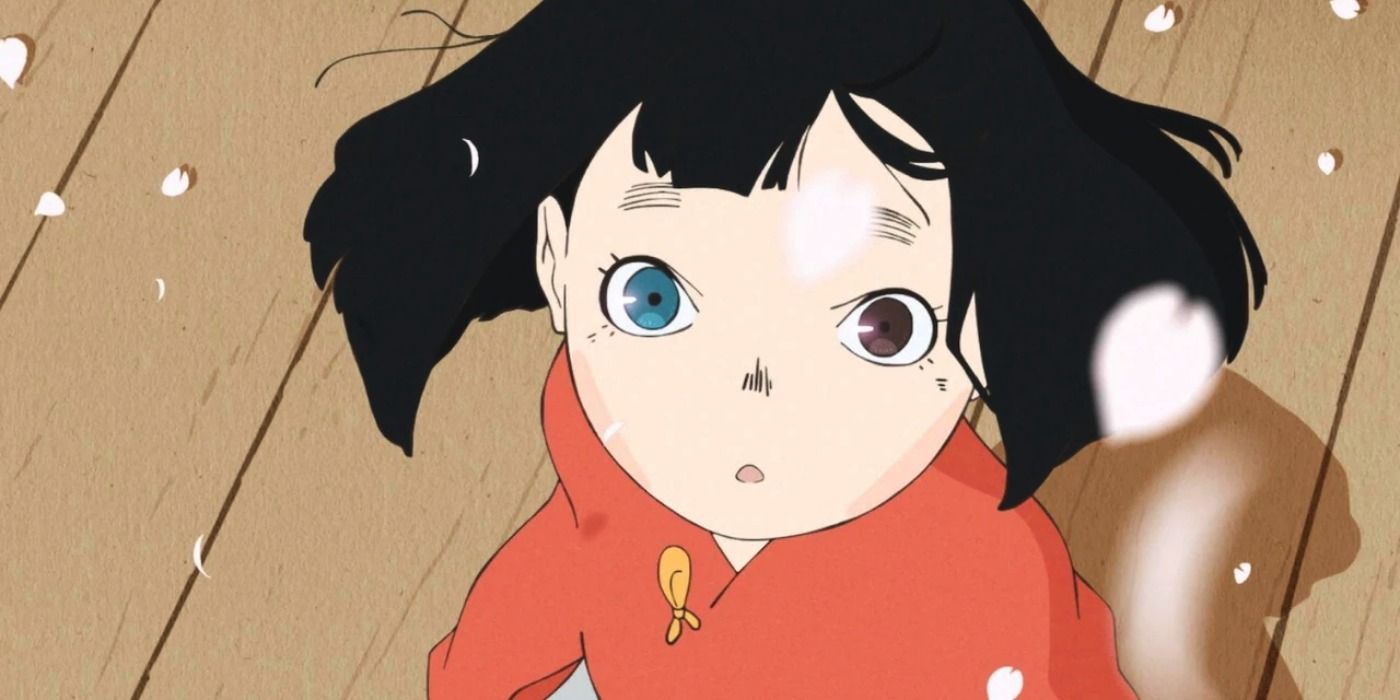
To counter this, the show's sole addition of note, Biwa (she is not in the original story), is meant as a permanent point-of-view character, one who remains throughout the entire narrative to make it different and stand out, but instead, really damages it. To add a twist on the story, Biwa can see the future, and pretty much everything that happens to every single character. From the get-go, because of this, we are shown exactly who dies, so there is next to no tension present at all. While this might have been an attempt at a reliable anchor throughout the story (midway through, there are hardly any characters present at the beginning of the story who are still alive, or relevant anymore) this approach basically just falls flat on its face. The thing is that while Biwa is introduced, they obviously can't change any of the story beats, so because of this Biwa calls out for every single character just as they are about to die, despite the fact she never warned them in the first place how and when they were going to die when she had perfect knowledge about each death. You could dispute this as a nitpick, except for the fact that in the final episode she actually goes out of her way to save Taira no Tokuko from her fate. This still doesn't change the narrative as she lives in the original story as well, but it still makes you think "Why just her?" Because of this, Biwa is not only a useless character but a despicable one, one who contributes absolutely nothing to the main story (also she kind of just forgets about the Heike killing her dad after the first episode). I was glad halfway through where Biwa was seemingly about to disappear from the story, but then they also decided to add a side plot concerning Biwa and the search for her mother, which really didn't add anything either and had next to zero payoff. She then rejoined the rest of the main cast anyway. And speaking of the cast, apart from maybe Taira no Tokuko and Shigemori every single character's qualities is just sort of glossed over. They feel like mannequins to keep the story moving instead of actual characters. The one thing I liked about Biwa were the scenes where she played the biwa and recited passages from the actual story. This makes sense - Biwa herself is based off biwa hōshi performers, who basically recited passages from the Heike Monogatari, and the art became popular for the next several hundred years, but did she really need to be central to the narrative? I would have rather just read the original.
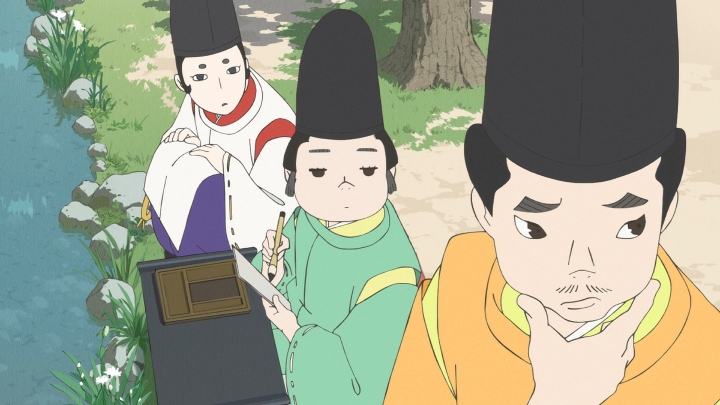
_who are these guys?_ Because of Biwa being front and center, you can expect moe-like scenes with Biwa playing with a cat while the actual characters progress the story in the corner of the screen. It's like it's trying to be Yamada-moe, but it's completely out of place in an adaptation of a historical epic. A lot of Yamada-isms like that are in here, and they just don't fit at all. KyoAni's flashy lens flare and artsy background panning is still bizarrely here and it's extremely out of place, since Science SARU's animation is very, very minimal. It's not like their other shows at all, it feels almost low-budget. There's nothing really wrong with the animation when it's functioning, but there's nothing great - there are a lot of stills where there really shouldn't have been. A crucial fight scene in the latter half of the show is reduced to a slideshow. Another is the equivalent of a panning image. It's really strange. This type of show really isn't Yamada's.
The music is also bizarre. The OP both visually and audibly makes you think you're watching a slice of life anime, with everyone laughing and being friends, with Biwa being all cutesy. The clash between the OP's style and the actual show feels almost funny in later episodes. The backing soundtrack also does not fit a show like this whatever, with some scenes having Ushio Kensuke's modern guitar or synthesizer present in the background delivering a harsh beat. It's offputting and out of place, and I guess it doesn't really make sense to have the composer of Devilman: Crybaby's soundtrack here as much as I loved how that OST sounded. It's like he was called to fulfill a contract. Mushishi was an example of an anime soundtrack that fully immerses you in the traditional Japanese setting, but here you get electro-industrial at points. Do admit I like the ED though.
The show also doesn't adapt the whole story, which makes me wonder why there are so many scenes of Biwa pondering obvious things. Some important details of the main story that is adapted are completely skipped or dismissed off screen - some battles are missing, most of chapter 10 is completely missing, the story's climax, chapter 11, only goes as far as the end of the Battle of Dan-no-ura (loosely using content from The Initiates' Book to end the show), and the story's real end, chapter 12, is completely missing too.
This show is the kind of show that just exists. It's like a weird vacuum. I learned far more about the story from reading Wikipedia articles, and enjoyed reading passages of the actual story far more than actually watching this (because of the script and pacing). Heike Monogatari feels like I just inhaled 11 episodes of nothing.
SIMILAR ANIMES YOU MAY LIKE
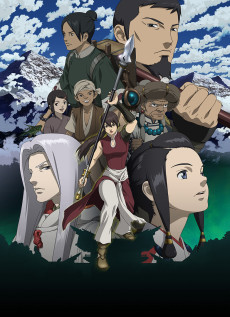 ANIME ActionSeirei no Moribito
ANIME ActionSeirei no Moribito ANIME ActionSamurai Champloo
ANIME ActionSamurai Champloo ANIME ComedyHyouge Mono
ANIME ComedyHyouge Mono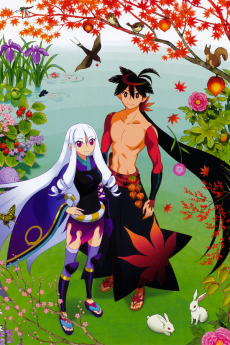 ANIME ActionKatanagatari
ANIME ActionKatanagatari ANIME ComedyYojouhan Shinwa Taikei
ANIME ComedyYojouhan Shinwa Taikei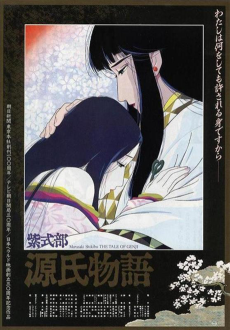 MOVIE DramaGenji Monogatari
MOVIE DramaGenji Monogatari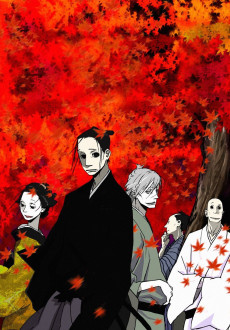 ANIME DramaSaraiya Goyou
ANIME DramaSaraiya Goyou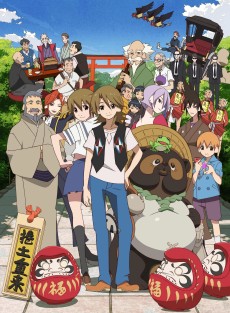 ANIME ComedyUchouten Kazoku
ANIME ComedyUchouten Kazoku
SCORE
- (3.8/5)
TRAILER
MORE INFO
Ended inNovember 25, 2021
Main Studio Science SARU
Trending Level 1
Favorited by 795 Users
Hashtag #平家物語


